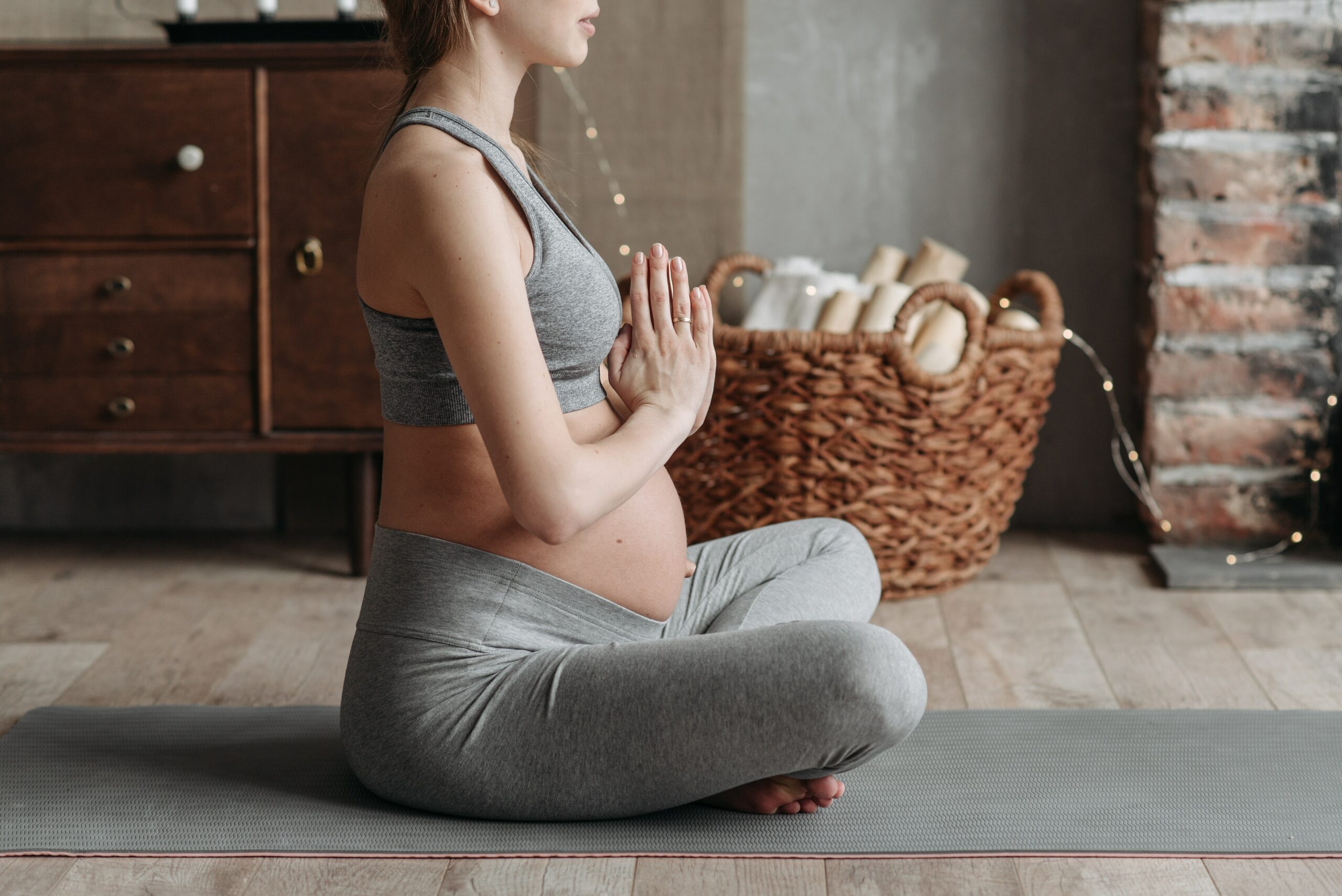Pregnancy is a sensitive period of a woman’s life. Hormonal changes during pregnancy lead to moderate mood swings and physical discomfort at certain times. How a woman reacts to pregnancy is influenced by the functioning of the endocrine system, early childhood experiences, the ability to resolve conflicts, and overcome anxiety.
Women experience mood swings, „baby blues“, anxiety, and depression during pregnancy. To know more, continue reading.

How Do Hormones Affect the Psychological State During Pregnancy?
Hormones are responsible for a woman’s mood swings during pregnancy. Estrogen and progesterone can lead to more frequent and rapid mood swings. A stress hormone (cortisol) can make a woman feel more anxious, while adrenaline can make her feel more angry or irritated.
However, it should be kept in mind that hormonal changes can also affect the expression of more pleasant feelings. For example, endorphins and serotonin are hormones of joy and happiness that help women work harder and feel more satisfied.
The activity of hormones depends on the functioning of the endocrine system, how women overcome stress, the social support of relatives, psychological resistance, or temperament.
Feelings During Pregnancy
A particularly large proportion of women experience conflicting feelings about pregnancy. An unplanned pregnancy, sometimes a pregnancy in very difficult life circumstances or a complicated pregnancy causes marked emotional fluctuations.
Women who suffered from depression during pregnancy and were treated with antidepressants fear the harmful effects on the baby.
However, during pregnancy, doctors consult mothers-to-be more often. Remember, all feelings are natural, and do not be afraid to seek support from specialists and loved ones.
What is „Baby Blues“?
It is natural to feel sad two or three days after childbirth. Gentle attention, support, understanding, and the ability to talk and be understood by those around you are important for healing primary sadness.
A warm bath, a good night’s sleep, and the help of those around you allow you to recover and rest. „Baby blues“ causes a shock to our body and a change in hormones.
Forget the unwashed dishes, dust on the furniture, or arrange the child’s room – allow yourself to simply enjoy the huge change and recover.
A child needs only your presence, and the rest can wait. We should not forget the psychological shock.
Postpartum Depression: How Many Women Suffer From It?
After becoming a parent, life changes fundamentally. Familiar, ordinary everyday life becomes a new reality after the birth of a baby.
Statistics show that even 1 in 7 mothers of newborns face not only unfathomable joy, but also anxiety, low mood, and depression. Postpartum usually occurs two to eight weeks after giving birth.
The Most Common Signs of Postpartum Depression:
- You feel restless or in a gloomy mood
- You feel sad or overwhelmed with emotions
- You feel a sense of hopelessness
- You cry a lot
- You have intrusive thoughts or fears about possibly harming your baby
- You have thoughts of harming yourself
- You are not interested in the baby, you do not feel connected to it, and it seems as if the baby belongs to someone else
- You eat too little or too much
- You sleep too little or too much
- You notice that you have difficulty concentrating or making decisions
- You experience loss of memory
- You feel guilty
- You have lost interest and pleasure in activities you used to enjoy
- You withdraw from friends and family
- You are constantly bothered by headaches and body aches
How Can You Improve Your Mental Health During Pregnancy?
Good mental health during pregnancy is essential for the well-being of both the pregnant person and the developing baby. Here are some tips to help you relax and reduce stress during pregnancy:
- Gentle exercise: Engage in exercises that are safe during pregnancy, such as prenatal yoga, swimming, or walking. Exercise releases endorphins, which can help improve mood and reduce stress.
- Get plenty of rest: Pregnancy can be physically demanding, so make sure you’re getting enough sleep and rest. Find a comfortable sleeping position, use pillows for support, and establish a relaxing bedtime routine.
- Prepare yourself for emotional changes: Knowing about pregnancy is crucial for individuals who are pregnant or planning to become pregnant, as it allows them to make informed decisions, take necessary precautions, and maintain their mental health and well-being. A pregnancy calculator on this site is one of the tools that may help you to plan visits to the doctors, tests, etc.
- Practice mindfulness or meditation: Mindfulness and meditation techniques can help you stay present and calm. There are many resources available, including apps, guided meditations, and classes specifically tailored for pregnancy.
- Seek emotional support: Surround yourself with supportive family members, and friends, or join support groups for pregnant individuals. Sharing your feelings and experiences can help alleviate stress and anxiety.
- Visit a doctor: If you’re experiencing concerns about your mental health during pregnancy, it’s important to reach out to a healthcare provider, such as your obstetrician, gynecologist, or mental health professional.
- Reduce stress triggers: Delegate tasks, set realistic expectations, and practice saying no when needed. Prioritize self-care and create boundaries to protect your mental and emotional well-being.
- Connect with your partner and baby: Spend quality time with your partner and find ways to connect with your growing baby. Engage in activities like talking or singing to your baby, reading books, or practicing relaxation exercises together.
- Stay hydrated and eat well: Proper nutrition and hydration contribute to overall well-being. Eat a balanced diet with nutrient-rich foods and drink plenty of water to stay hydrated.
The Bottom Line
Communicate openly with your healthcare provider about your mental health. They can provide appropriate support and interventions.
Take care of your mental well-being during and after pregnancy.






